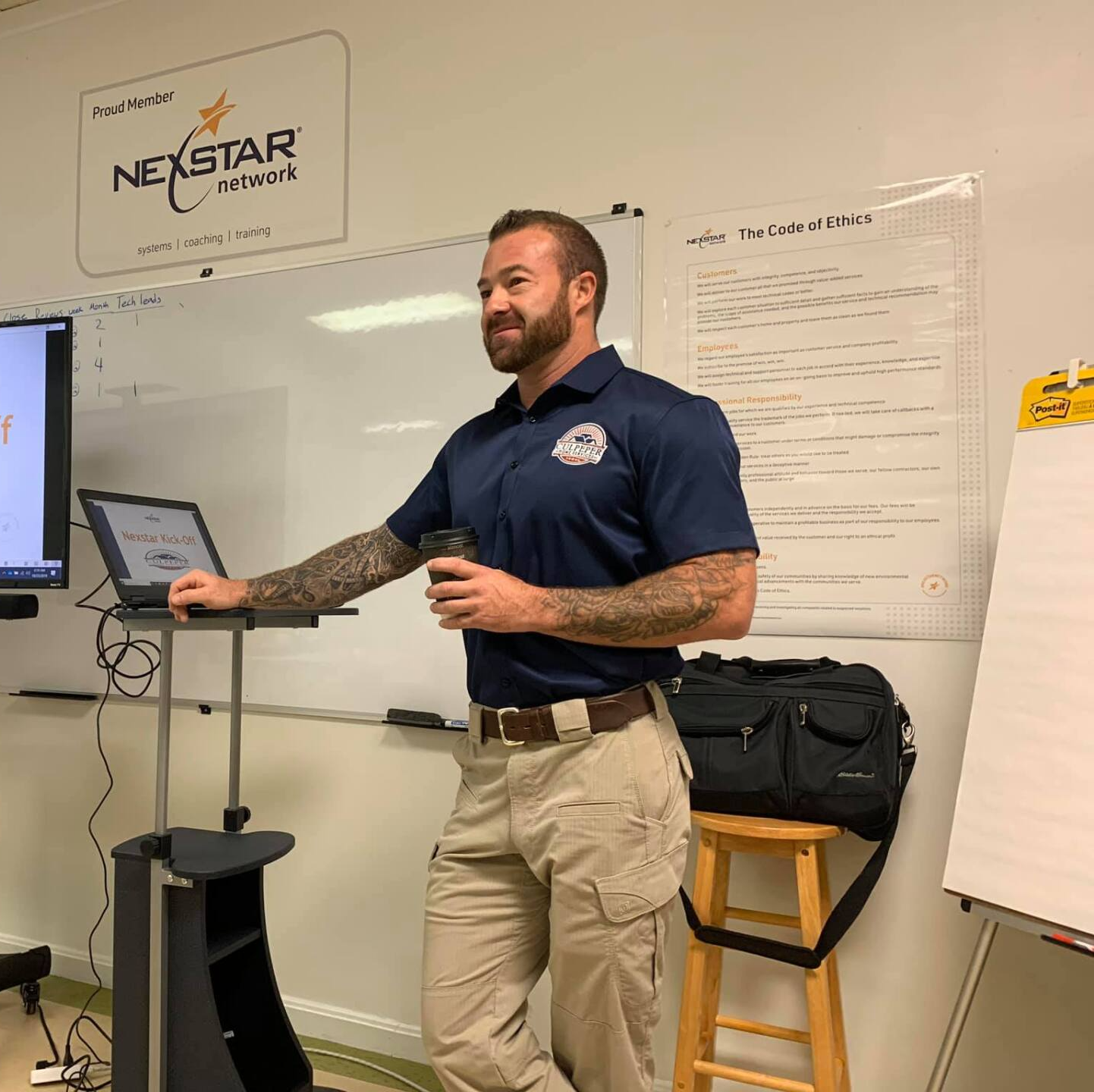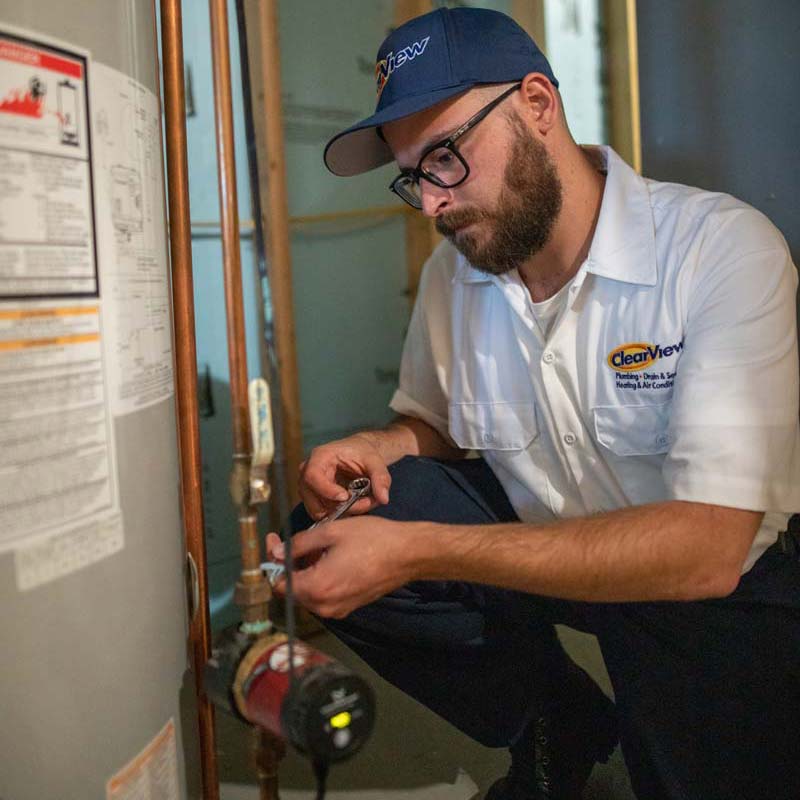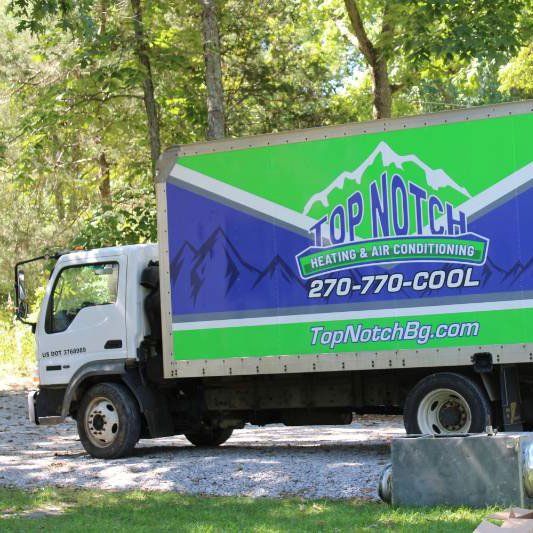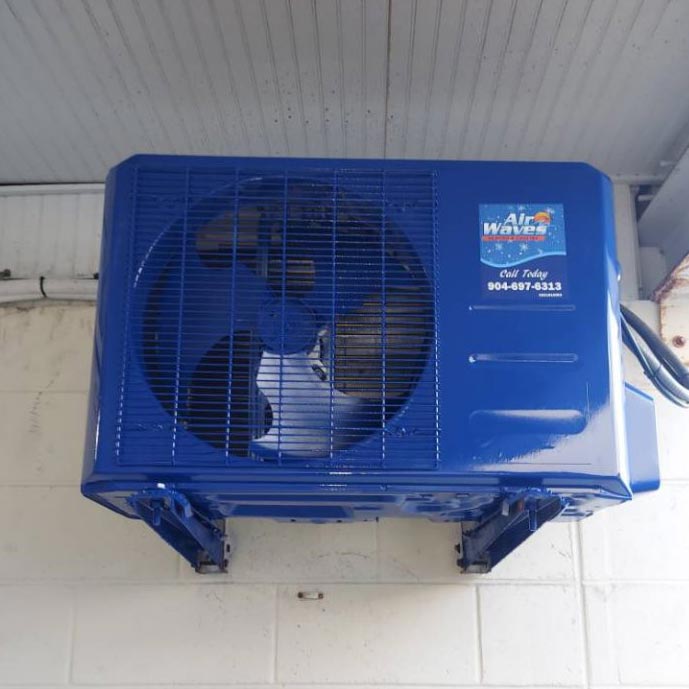How To Win Plumbing & HVAC Customers Over The Phone
- 90% of customers decide whether or not to do business with a company based on their customer service.
- 73% of customers become loyal to companies with great customer service reps.
- 77% of people would recommend a company to someone else based on just one positive experience.
9 Tips to Win Home Services Customers Over the Phone
- During your listed business hours, a live person should answer every call.
- Pick up by the third ring.
- No matter what kind of day you’re having, answer the phone enthusiastically and warmly.
- Speak clearly and at an unhurried pace, so callers know you have time to care for them.
- Include the name of your company in your greeting, so people know they’ve dialed correctly: “Good morning, Better Plumbing! This is Jack. How can I help you today?”
- If you do miss a call, return it immediately.
- Avoid putting people on hold. Customers hate that. If you have no choice, ask permission: “May I put you on a hold for a brief moment?” will be much better received than, “Hold on a sec.”
- Consider using a chatbot to make it even easier for customers to reach you.
- Let your caller know you’re listening by using what’s “verbal nods”: ahh, yeah, uh huh.
- Allow your caller to finish what they’re saying. Don’t interrupt or assume you understand their problem.
- Repeat back what they’ve just said to check your understanding: “OK, so no matter where you set your thermostat, your furnace just isn’t running. Is that right?” or “You keep finding puddles under your kitchen sink, but there’s no obvious leak. Do I have that right?”
- If you actually don’t understand what the caller is describing, ask clarifying questions.
- Truly listen to what the caller’s saying.
- Put yourself in the caller’s shoes, and imagine how you’d feel in their situation.
- Use your words and tone of voice to convey that you get them.
- “I can imagine how frustrating it’d be to come home to a freezing cold house!”
- “Ugh. This is definitely not how you expected your day to go, I bet. I’m so sorry this is happening!”
- “Yeah, I’d be angry if my new water heater wasn’t working, too! We need to figure this out!”
Customer service is marketing is customer service.
- Let’s talk. Tell us about your shop: your customers, your competitors, your current revenue, and how much money you want to make.
- Get your free digital assessment. We'll take a look at all of your marketing to see what is—and isn't—working for you.
- Implement your customized strategy. We'll put together a custom marketing plan that will help you reach your goals. You don’t have to figure it out all out on your own!
Was This Helpful?
Sign up here, and we'll automatically email you as we publish new articles that you may find useful.
Was This Helpful?
As Seen In:
Is your website helping or hurting your SEO efforts? Find out now for free.
We've got give-a-damn for days.
When my team talks with new clients, we hear a ton of frustration, overwhelm, and general fed-up-ness.
I'm guessing you can relate.
Maybe you've been trying to figure out all this marketing stuff on your own OR you've handed a crap-ton of money to an "expert" for no apparent reason.
Your phones still aren't ringing like they should.
Your advertising still isn't performing like you expected.
Your website's still not ranking or converting like it needs to.
You can't figure out why... and/or your current marketing "partner" isn't 'fessing up.
We think you deserve better.

Ryan Redding
CEO Levergy
Author of The Book on Digital Marketing for Plumbing and HVAC Contractors
Here's how we'll get you more plumbing, HVAC, electrical, garage door, roofing, or other home service leads:

Tell us what's keeping you up at night.
Let's get on a call so you can tell us where your business is and where you want to go. We'll follow-up with a free, comprehensive assessment and actionable tips.

We'll help you fix it.
If you like what you see so far, we'll put together a customized plan with transparent, flat-rate pricing—and then get to work growing your business.

So you can breathe easy.
Have peace of mind knowing you have a true partner on your side who cares about your success as much as you do.
What you get is important.
How you're treated is what sets us apart.
Culpeper Home Services
"... they always go above and beyond the call of duty. I'm impressed with their work ethic, loyalty, and integrity."
- Russell Furr, President
The Clog Dawg
"[Levergy] understood my specific needs and got the work done—bypassing all the unnecessary nonsense. And now business is booming!"
- Steven Douglass, President
Your mileage may vary.
Better results are here.
Discover how to stop wasting money on marketing that doesn't work, and make your phone ring off the hook.


















